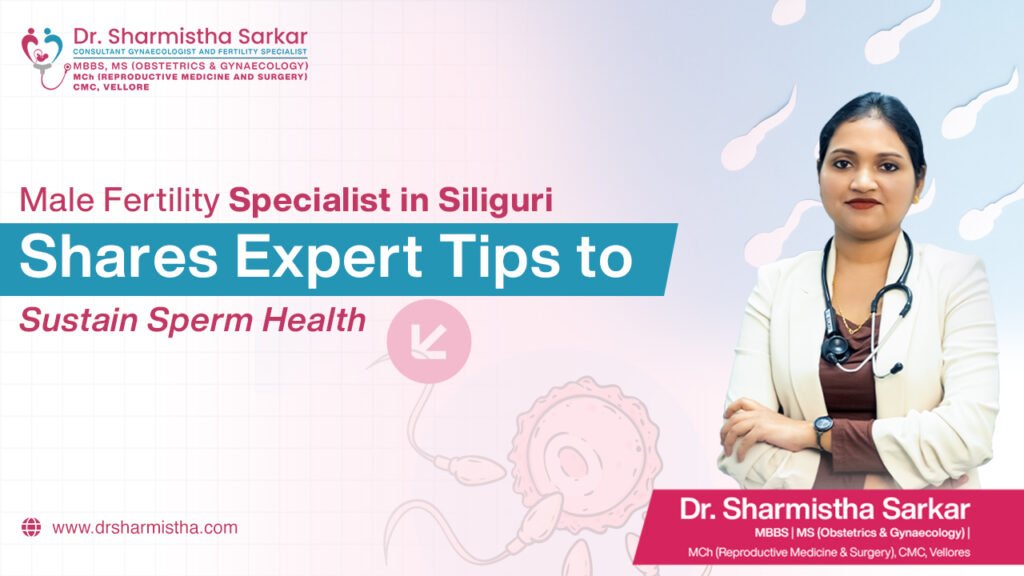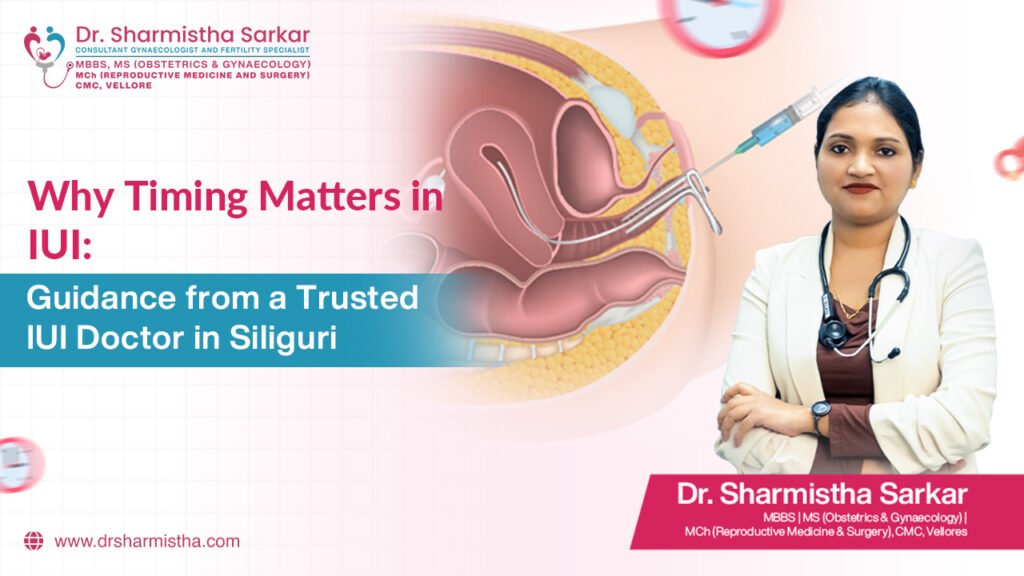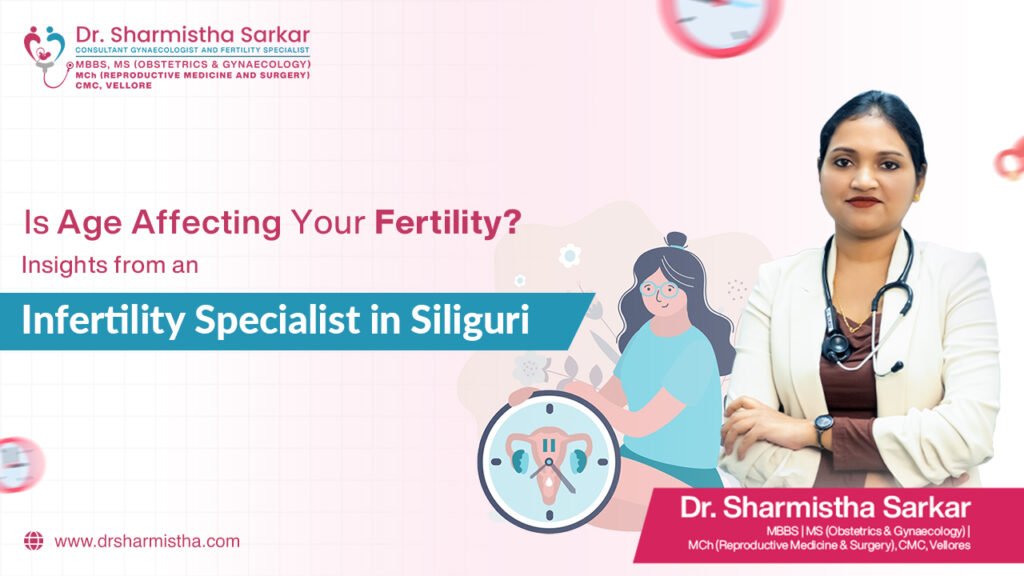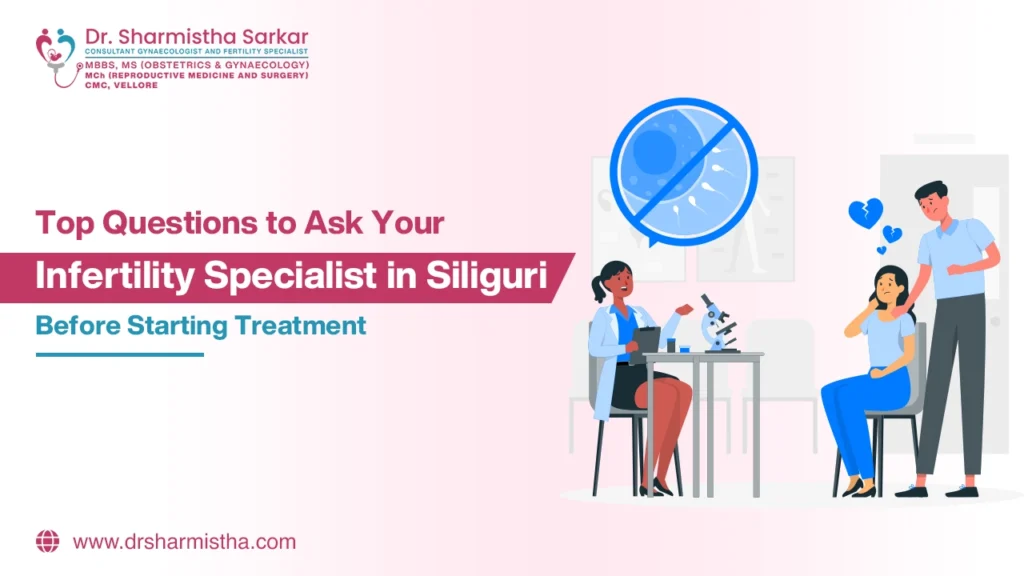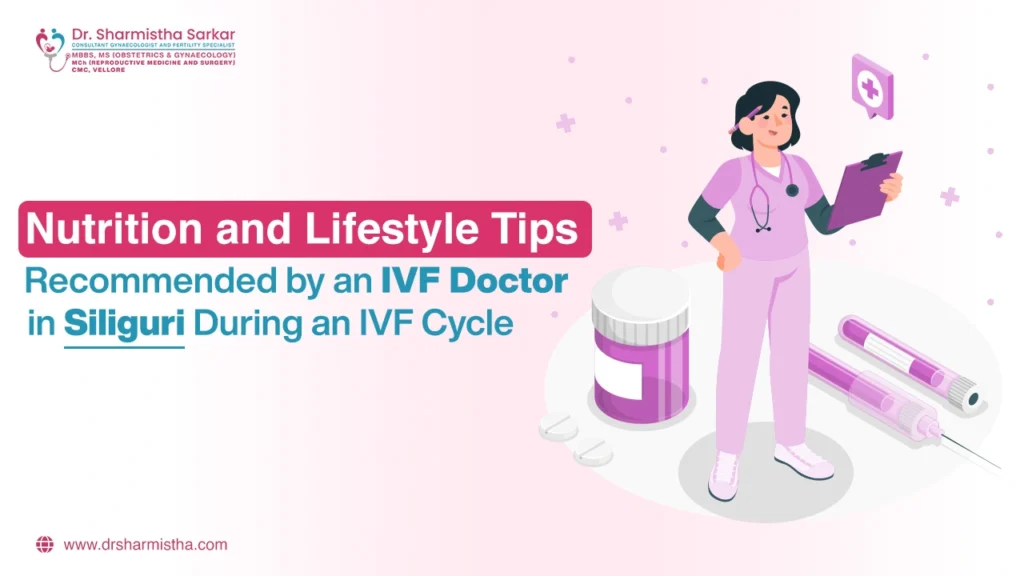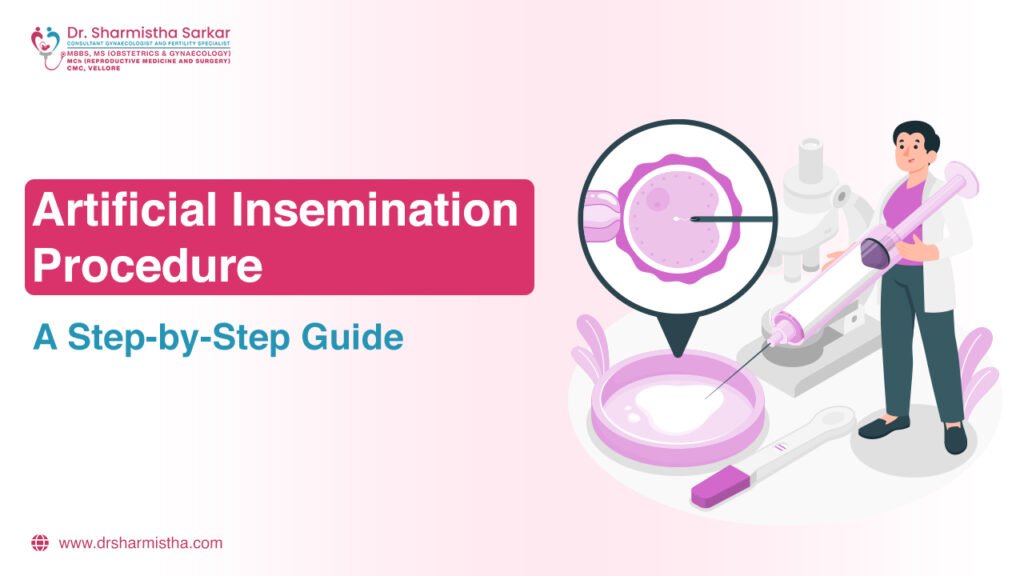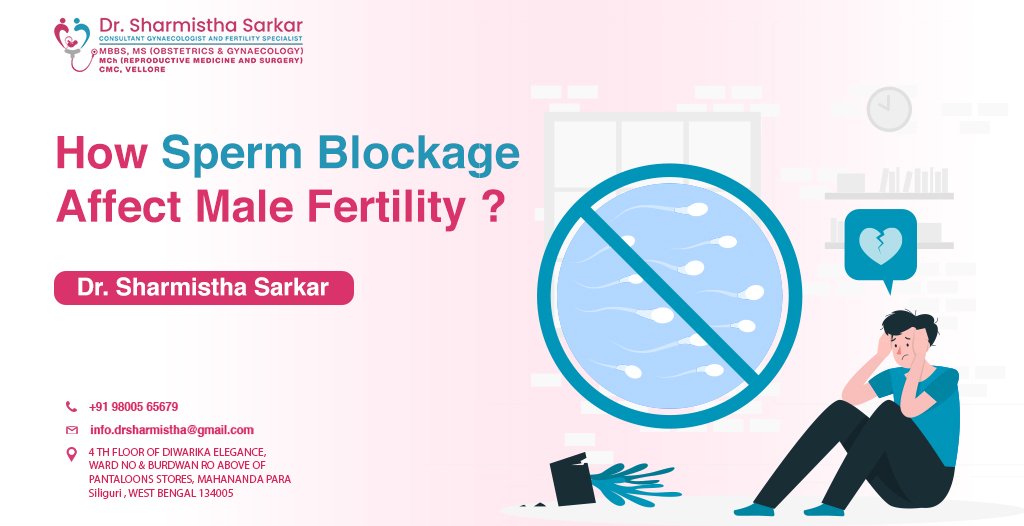Male Fertility Specialist in Siliguri Shares Expert Tips to Sustain Sperm Health
Male fertility is a crucial yet often neglected part of reproductive health. A reputed Male Fertility Specialist in Siliguri explains that male factors contribute to nearly half of infertility cases worldwide. From lifestyle habits to environmental influences, numerous factors can impact sperm count, motility, and morphology. The good news is that many of these can be improved with the right awareness and changes. In recent times, men have become more open to addressing fertility issues, but myths and lack of proper guidance often delay diagnosis. Understanding how your daily habits influence sperm health can make a world of difference. With expert insights from a trusted Male Fertility Specialist in Siliguri, let’s explore science-backed tips to improve sperm quality and ensure better reproductive outcomes. Expert Tips to Sustain Sperm Health 1. Adopt a Balanced Lifestyle A healthy lifestyle forms the foundation of reproductive wellness. According to a Male Fertility Specialist in Siliguri, regular physical activity improves hormone balance and increases blood flow to reproductive organs, enhancing sperm production. Engage in moderate exercises like brisk walking, yoga, or swimming for at least 30 minutes daily. Avoid overtraining, as excessive workouts may raise cortisol levels and reduce testosterone. Striking a healthy balance helps sustain energy, libido, and fertility potential. 2. Follow a Nutrient-Rich Diet Your diet directly influences sperm health. A Male Fertility Specialist in Siliguri recommends consuming foods high in antioxidants, such as berries, citrus fruits, nuts, and seeds, to combat oxidative stress that damages sperm DNA. Include zinc-rich foods like pumpkin seeds, lentils, and seafood to boost testosterone production. Leafy greens, eggs, and whole grains improve sperm morphology, while avoiding processed foods, Trans fats, and refined sugars helps maintain hormonal equilibrium. 3. Maintain Optimal Body Weight Both obesity and being underweight can affect sperm count and quality. Excess fat leads to hormonal imbalance and increased estrogen levels, which suppress sperm production. A leading Male Fertility Specialist in Siliguri advises maintaining a healthy BMI through portion control, exercise, and hydration. Drink at least 2.5 liters of water daily to ensure proper semen volume and consistency. Consistent hydration supports the overall quality and motility of sperm cells. 4. Avoid Excessive Heat Exposure Sperm thrive at a temperature slightly lower than the body’s core. Prolonged heat exposure from saunas, tight underwear, or laptops placed on the lap can reduce sperm count. The Male Fertility Specialist in Siliguri suggests wearing breathable cotton underwear and avoiding long sessions in hot environments. If your profession involves exposure to heat, take frequent breaks and maintain airflow in the pelvic area to protect sperm health. 5. Manage Stress Effectively Stress can significantly lower testosterone levels and impair sperm quality. Chronic anxiety affects hormone regulation and sexual performance. A Male Fertility Specialist in Siliguri recommends relaxation techniques like meditation, yoga, and deep breathing to reduce stress hormones. Taking short breaks from work, spending time outdoors, and prioritizing mental health can also enhance overall reproductive function. Remember, a calm mind promotes a healthier body—and better fertility outcomes. 6. Quit Smoking and Limit Alcohol Smoking introduces harmful chemicals that cause oxidative damage to sperm, while alcohol disrupts hormone levels and reduces sperm motility. A Male Fertility Specialist in Siliguri stresses that quitting smoking and moderating alcohol consumption can drastically improve sperm quality within months. For those struggling with addiction, seeking professional guidance or joining support programs can make the journey easier. Small lifestyle changes can yield remarkable results in restoring fertility potential. 7. Get Quality Sleep Sleep is vital for hormonal balance. Poor sleep reduces testosterone levels and affects sperm production cycles. As per a Male Fertility Specialist in Siliguri, men should aim for 7–8 hours of uninterrupted sleep every night. Establish a consistent sleep routine, limit screen time before bed, and create a comfortable environment to ensure deep rest. Healthy sleep promotes both physical and reproductive health. 8. Reduce Exposure to Toxins and Pollutants Environmental toxins like pesticides, heavy metals, and plastics (containing BPA and phthalates) can disrupt sperm formation. A Male Fertility Specialist in Siliguri advises using glass or stainless-steel containers for food storage and avoiding processed or pesticide-laden foods. Men working in chemical or industrial environments should wear protective gear and undergo regular fertility screenings. Reducing toxin exposure can prevent long-term sperm damage. 9. Get Regular Fertility Check-Ups Regular fertility assessments are essential for early detection of issues. A Male Fertility Specialist in Siliguri recommends semen analysis and hormonal profiling for men who have lifestyle risks or difficulty conceiving. Early diagnosis enables timely treatment through medical or lifestyle interventions. Routine check-ups ensure that any abnormalities in sperm count, motility, or morphology are addressed before they become severe. How Dr. Sharmistha Sarkar Can Help You Improve Sperm Health When it comes to comprehensive fertility care, Dr. Sharmistha Sarkar, an experienced Male Fertility Specialist in Siliguri, provides a holistic and patient-centered approach to restoring male reproductive health. Her expertise lies not just in diagnosing fertility challenges but also in guiding men toward sustainable recovery through customized care plans. 1. Personalized Diagnosis and Care Dr. Sarkar begins with a thorough evaluation that includes semen analysis, hormonal tests, and medical history review. As a trusted Male Fertility Specialist in Siliguri, she identifies the exact cause behind low sperm count, poor motility, or abnormal morphology and designs a treatment plan accordingly. Her diagnostic accuracy ensures that patients receive the right care at the right time, whether through medication, supplements, or lifestyle guidance. 2. Lifestyle and Nutritional Counseling Dr. Sarkar emphasizes the role of lifestyle in male fertility enhancement. Through detailed counseling sessions, she educates patients about diet, stress management, and sleep hygiene. The Male Fertility Specialist in Siliguri provides tailored nutritional advice, recommending antioxidant-rich and fertility-boosting diets that naturally enhance sperm health. Her holistic care ensures that every patient adopts long-term habits for improved reproductive wellness. 3. Advanced Fertility Treatments For men with complex fertility challenges, Dr. Sharmistha Sarkar, a renowned Male Fertility Specialist in Siliguri, offers advanced medical treatments and assisted reproductive technologies
Male Fertility Specialist in Siliguri Shares Expert Tips to Sustain Sperm Health Read More »

